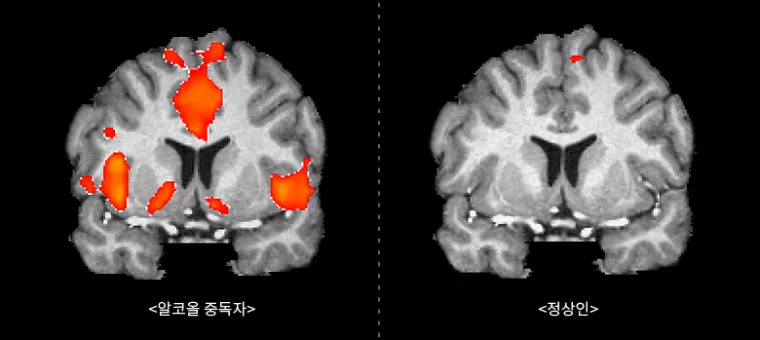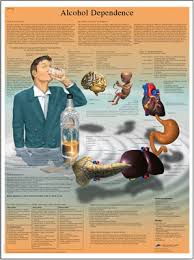The Dangers of Alcoholism and the Journey to Overcome It
Alcoholism is more than just a fondness for drinking. It is a disease that can have destructive physical, mental, and social effects, causing serious consequences for the individual and those around them. Through this article, we aim to understand the severity of alcoholism, identify its causes, and delve deeply into treatment methods and self-diagnosis.

The Dangers of Alcoholism The dangers of alcoholism are extensive. Physically, it can lead to cirrhosis, liver cancer, heart disease, high blood pressure, and brain damage, which can be life-threatening. Mentally, it can cause depression, anxiety disorders, cognitive impairment, and memory loss. These health issues significantly reduce the quality of life, affecting daily activities and interpersonal relationships.
Additionally, alcoholism can be a major cause of domestic discord, divorce, workplace issues, and financial ruin. Behavioral changes and impaired judgment due to alcohol can lead to legal issues, affecting an individual’s social standing and reputation.

Causes of Alcoholism The causes of alcoholism vary from person to person, with multiple factors at play. One of the most common causes is genetic. If a parent or close relative is an alcoholic, there may be a genetic predisposition to addiction. Stress, mental health issues, social pressure, and cultural factors can also trigger alcoholism.
Environmental factors also play a crucial role. A negative home environment, drinking culture among friends or colleagues, and a stressful lifestyle can lead to drinking, which may eventually develop into alcoholism.

Treatment for Alcoholism Treatment for alcoholism must be tailored to the individual’s situation. The most important first step is seeking professional help, which can take various forms such as counseling, medication, and participation in support groups.

Counseling addresses the underlying causes of alcoholism and the individual’s thoughts and feelings, developing strategies to overcome tendencies that lead to drinking. Medication can manage withdrawal symptoms and prevent relapse, while support groups offer a space for shared experiences and reinforcement from others facing the same issues.
Self-diagnosis and Initial Response Before attempting self-diagnosis, it’s best to consult a professional. However, you can evaluate your drinking habits through self-diagnosis methods, such as asking yourself if drinking has caused problems in your daily life, if you’ve tried and failed to stop drinking, or if your drinking amount is gradually increasing.
If the answer to most of these questions is “yes,” seeking professional help is crucial. Initial responses may include changing your drinking environment, learning stress management techniques, and finding healthy hobbies. Participating in support groups or online communities can also be beneficial.

Long-term Management and Recovery Journey Recovery from alcoholism doesn’t happen overnight and requires long-term management and continuous effort. Relapses can occur, which should be seen as part of the recovery process, not failure. It’s important to seek help again and continue the journey towards recovery.
Maintaining a healthy lifestyle is crucial in the recovery process. Regular exercise, a balanced diet, and sufficient sleep have positive effects on physical and mental health. Learning stress management skills, building positive relationships, and engaging in meaningful activities also support recovery.
Conclusion Alcoholism significantly impacts not only the individual but also those around them. However, with proper treatment and support, overcoming it is possible. If you or someone you know is struggling with alcoholism, seeking help is the first step. Remember, you are not alone, and recovery is always possible.